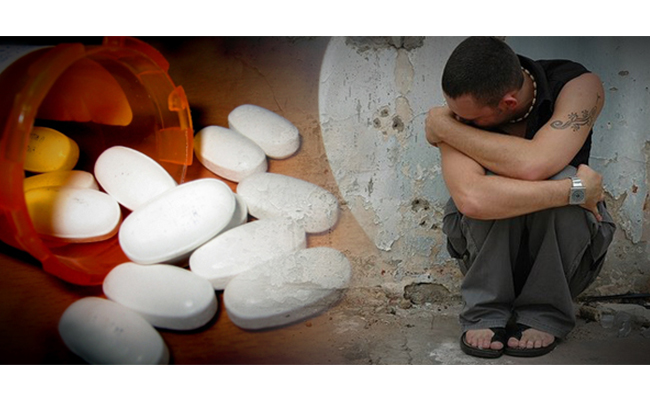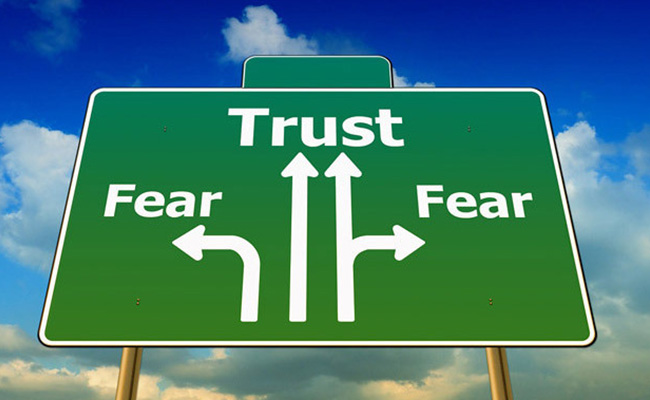PTSD and Substance Abuse – This is part one in a two-part series about Post-Traumatic Stress Disorder.
Post-Traumatic Stress Disorder – A Simple Definition
Post-Traumatic Stress Disorder (PTSD) is an anxiety disorder that develops as the result of someone witnessing or experiencing a serious trauma or injury. PTSD is considered a serious psychiatric disorder, but it does not necessarily represent a lifelong condition. People who experience PTSD can recover from their diagnosis and go on to live normal and fulfilling lives.
However; those who are in the grips of Post-Traumatic Stress Disorder find that the condition is all-consuming and interferes with their daily lives. Many who suffer from PTSD turn to drugs and alcohol a way to cope with the disorder, which not only makes the symptoms worse, it creates a whole other monster to deal with.
What Situations Cause PTSD?
Many people associate PTSD with soldiers who have served in combat, but anyone who has undergone a serious traumatic event can experience the debilitating symptoms of Post-Traumatic Stress Disorder. For example, many of the people who experienced the tragic 2004 tsunami in Thailand suffered with PTSD for many years afterward.
Here are just a few situations that can cause PTSD:
- A car accident
- Sexual assault
- Physical assault
- Witnessing a crime like a robbery or an assault on someone you care about
- A severe weather event like an earthquake, tsunami, flood, or hurricane
- Living in a combat zone
- Being a soldier who fights in a war
- Witnessing the death of a loved one
- Surviving a terrorist attack
- Being a child who lives through physical, verbal, or emotional abuse
Anyone who witnesses or experiencing an event that results in injury or tragedy is likely to experience at least some degree of Post-Traumatic Stress Disorder.
PTSD and Substance Abuse – Symptoms of PTSD
When someone experiences trauma, the mind has a difficult time making sense of the event. The trauma is so upsetting, it will cause the person to question everything they think they know about life and reality. Their sense of safety and comfort will be disrupted because life as they once knew it no longer exists. It can cause someone to question their spiritual beliefs, their existence as a human being, and their very place in the world.
As a result, Post-Traumatic Stress Disorder plays tricks on the mind. It will try to make sense of the event or events that have taken place by working them out through a series of uncomfortable symptoms.
Here is how PTSD expresses itself:
- Depression
- Suicidal thoughts
- Anxiety
- Panic attacks
- Flashbacks to the event
- Repeatedly thinking about the trauma
- Sleep disturbances like insomnia or too much sleeping
- Nightmares where the event is replayed during sleep time
- A heightened sense of awareness and distrust of the environment
- A lack of motivation or inability to perform daily tasks
- The absence of joy and a loss of interest in daily activities
- Problems with important relationships
- Difficulties at work
- Challenges carrying out basic responsibilities
- Substance abuse to cope with all the symptoms listed above
PTSD and Substance Abuse – Needless to say, someone who struggles with PTSD can find it difficult to deal with life after a traumatic event because the symptoms can be so overwhelming.
Be sure to check out the second half in this two-part series about Post-Traumatic Stress Disorder.
CLICK HERE to get a Free Confidential Addiction Rehabilitation Assessment.














